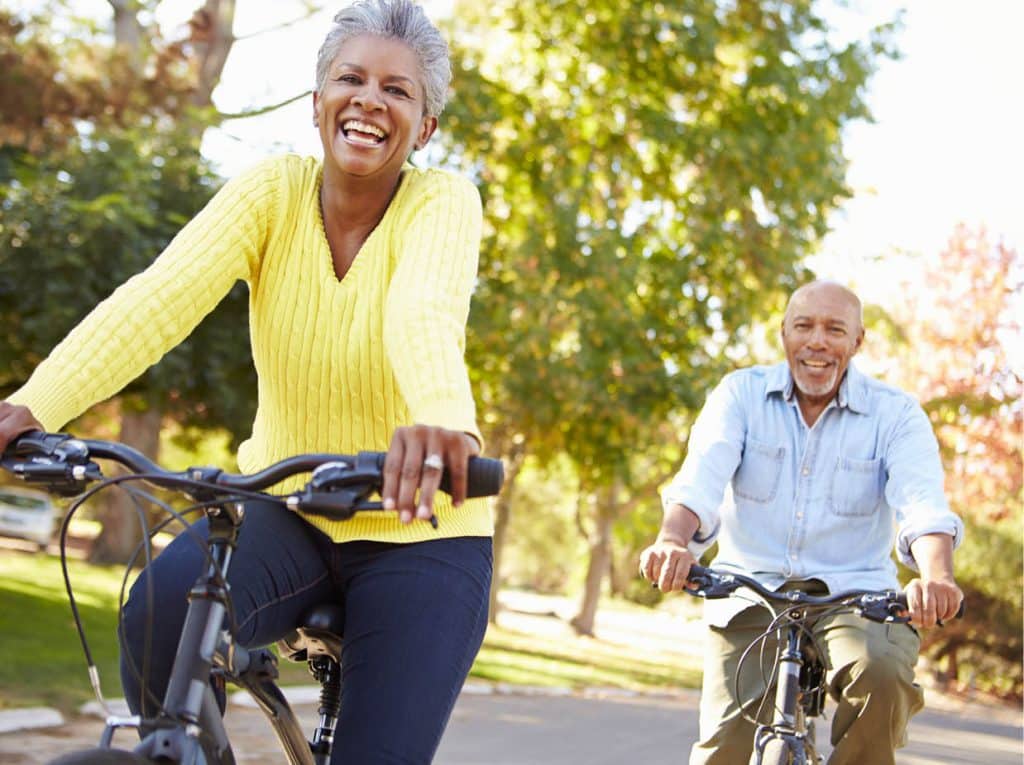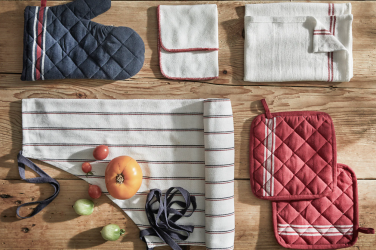Keeping fit—both mentally and physically
 Recently an attractive and intelligent lady in her mid-80s was overheard to have said, “I’m giving up on life.” How sad! And yet there are thousands who join her in this thought.
Recently an attractive and intelligent lady in her mid-80s was overheard to have said, “I’m giving up on life.” How sad! And yet there are thousands who join her in this thought.
The good news is that something can be done about this dilemma, and every day seniors are realizing that by improving their brains and bodies, they are living healthier, more fulfilling, longer lives. As seniors, we need to abstain from watching too much TV, get out of the easy chair, and engage our brains and bodies. You and your loved ones will be glad you did so.
Our mental wellbeing is fragile, and because the World Health Organization says that one in four people will suffer a mental disorder at some point in their lives, it is prudent to first suggest brain exercises, then physical exercises. Both are equally important.
It takes all kind of people to make this world—some people are introverted; some people are extroverted. Whichever group you fall in, it’s important to nurture relationships by putting people before things and spending more time with family and friends. Psychiatrists suggest not isolating yourself.
Focus on activities in which you believe, be it a hobby, a job, or a cause. If you enjoy an activity, you will give it your all with good results.
Don’t measure success in how much you earn or what possessions you own. Sometimes people with an abundance of material assets are found to be unhappy.
Challenge yourself with both short-term and long-term achievable goals. And when you attain them, reward yourself.
Learn something new—the Internet is full of great ideas. And if you’re not up to learning something new, try changing some of your present activities for the better.
Nowadays more seniors are seeking out fulfilling jobs, with some even trying their hand at entrepreneurship. Whether you work or volunteer, if you do so in a serving and humanitarian way, it adds to your psychological wellbeing.
As any dietician or weight loss program teaches, writing things down keeps you accountable. At the end of the day, you should make a list of three things for which you are grateful, or things that you did well that day.
Before we leave suggestions for improving our brain and outlook, let us tie in the fact that physical exercise is amazingly good for the brain. Exercise benefits brain functions like multitasking and creativity, and helps prevent memory loss, cognitive decline, and dementia. It may even help slow the progression of disorders such as Alzheimer’s disease.
“I think if you look at what helps as far as preventing mental and physical decline, it’s exercise,” says Dr. Jay Teng. “It’s much better than diet, medications, or brain games. What is good for the heart is good for the mind.”
 Since it takes effort and sometimes an extra push to get into physical exercise, it’s often easy for seniors to tell themselves “I’m going to get old anyway, so why bother?” But most people will attest to the fact that once you’re into an exercise regimen, you look and feel younger.
Since it takes effort and sometimes an extra push to get into physical exercise, it’s often easy for seniors to tell themselves “I’m going to get old anyway, so why bother?” But most people will attest to the fact that once you’re into an exercise regimen, you look and feel younger.
The old adage “use it or lose it” rings true. Regular exercise builds strength and stamina, thus preventing loss of bone mass and improving balance, which reduces the risk of falling.
You may say “I’m too old to start exercising.” Not so! Adults who take up exercise later in life often show greater physical and mental improvement than their younger counterparts. If you’ve never exercised, or if it has been a while, you will quickly start reaping rewards. Start with gentle activities and build from there.
Some of you may fall into the category of being chair-bound. Be not dismayed! Granted, there are challenges, but you can lift light weights, stretch, do chair aerobics, chair yoga, and chair Tai Chi to increase your range of motion, improve muscle tone and flexibility, and promote cardiovascular health. Many swimming pools offer access to wheelchair users and there are exercise programs for wheelchair sports such as basketball. It’s good advice to check with your doctor before starting an exercise program.
By Minnie Payne
Sources: Dr. Jay Teng, USMD/Medical Clinic of North Texas, HuffingtonPost.com, HelpGuide.org, High50.com










